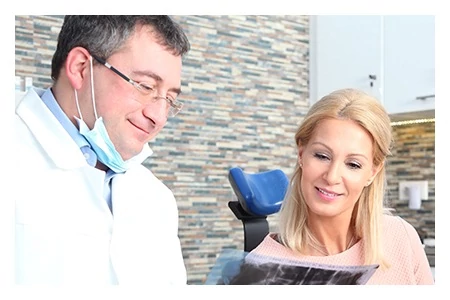Starting in 1945 in the U.S., we have put fluoride into the public water system to fight tooth decay. As of the year 2000, forty-two of the fifty biggest population centers in the United States had water fluoridation.
This action has strengthened our population’s dental health and reducing cavities from tooth decay. But for children, especially newborns whose teeth are still forming in the gums, too much fluoride can cause what is called enamel fluorosis, the result of which is white lines or patches on the teeth.
Besides this splotchy discoloration, excess fluoride doesn’t frustrate overall growth, strength, or health of the teeth, but it does present this problematic appearance issue.
Suggestions to avoid enamel fluorosis:
-Use a formula that doesn’t need to be mixed with water from the tap, or use water that does not contain fluoride. Several over-the-counter bottled water brands do not have fluoride. Simply look at the ingredients.
-Breastfeed your child past the recommended 6 months. According to the American Academy of Pediatrics, this is the minimum period of time that ensures that you pass on your immunities and health benefits.
When the infant’s teeth appear from the gums you are clear from the danger of fluorosis. Although, the permanent teeth come in around 12 years of age. So, the American Dental Association (ADA) has further recommendations:
-2-years-old and under, when the first tooth comes in, begin brushing the teeth and massaging the gums with a soft-bristled toothbrush, but do not use a toothpaste that has fluoride.
-Above the age of two through five years of age you may start using fluoride, but only a small dab about the size of a pea–and make sure they do not swallow but spit out the toothpaste. At this point, your child should be brushing their own teeth, but supervise this so they do not glob on the toothpaste or consume it. Lastly, do not allow the use of fluoridated mouthwash.
If you are worried about fluorosis, Drs. Jason Barth, C.A. Ritter, Kerry Carlson, and Maria Wittman are here to alleviate your concerns. Please contact Salina Dental Arts at: 785-823-2472, or come by our office in Salina, Kansas.


